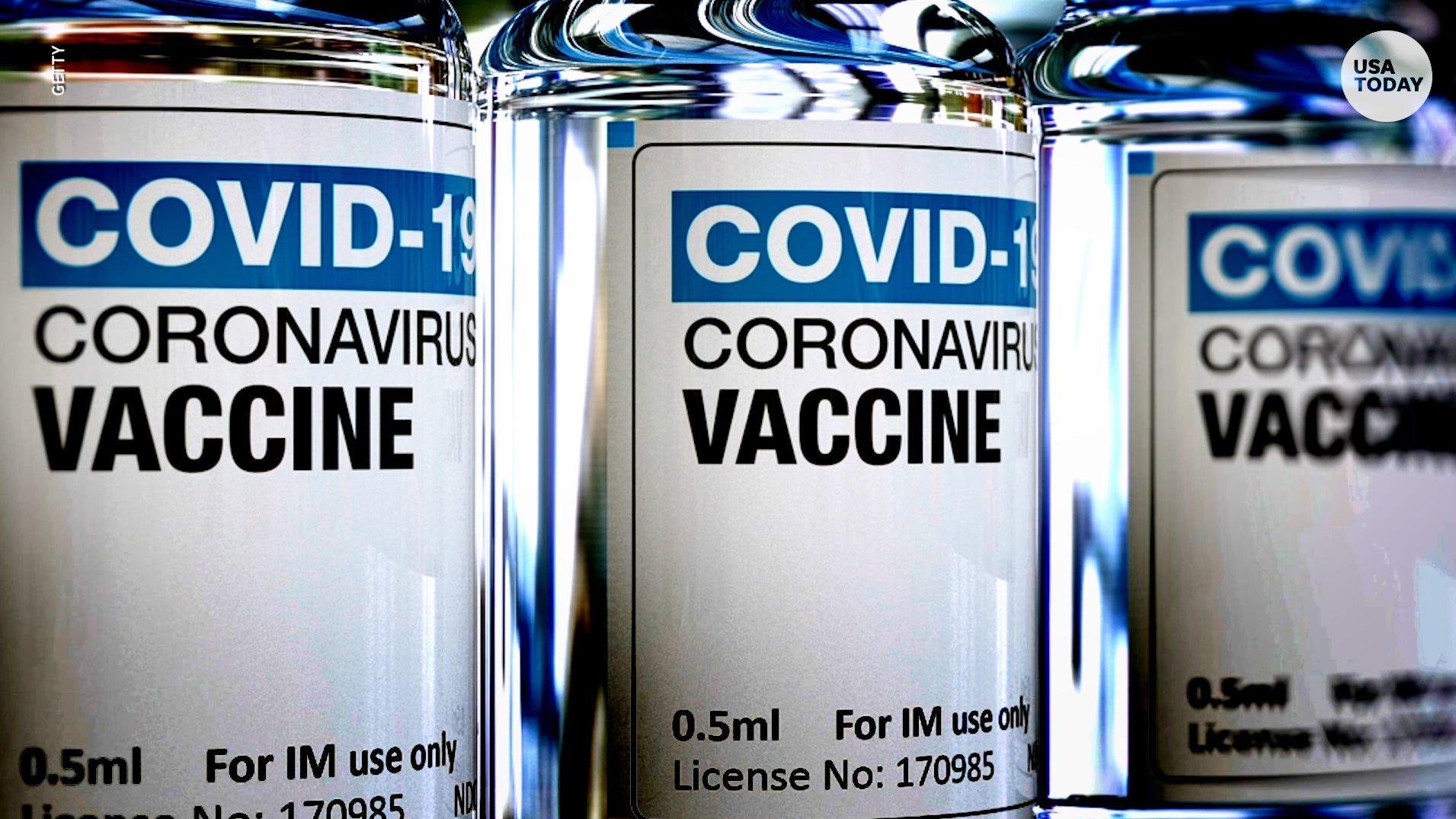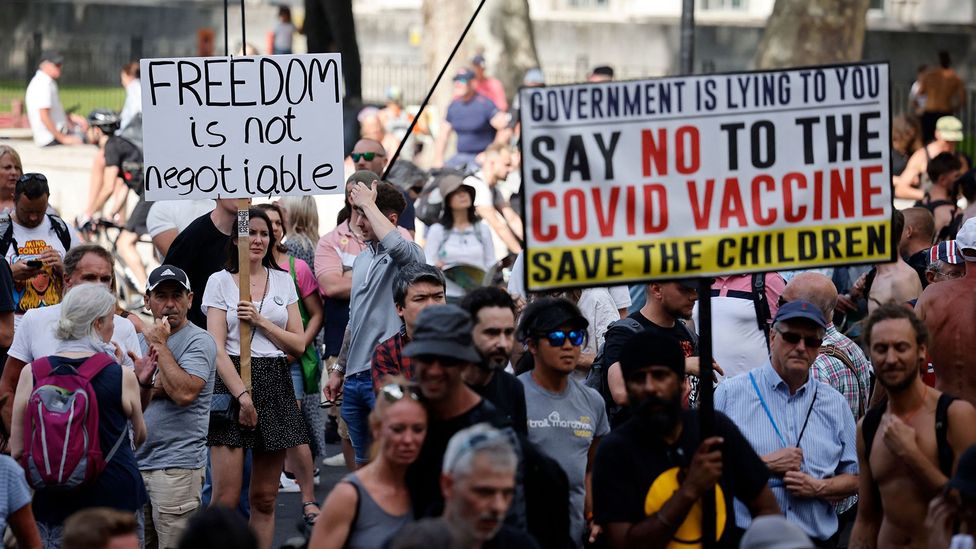Envision a world where the dead rise, unleashing chaos and devastation. In this harrowing reality, a single solution might stand between humanity and extinction: a vaccine. The notion that "only my vaccine can save the world from a zombie apocalypse" may seem far-fetched, but it underscores the critical role of medical innovation in addressing extreme scenarios.
The concept of a zombie apocalypse has captivated audiences for generations, inspiring countless works of fiction across books, movies, and video games. Beneath the thrilling entertainment, however, lies a profound commentary on humanity's vulnerability to pandemics. Just as we prepare for real-world health crises, the idea of a vaccine to counteract a fictional zombie outbreak highlights the importance of scientific research and readiness.
In this article, we will delve into the concept of a zombie vaccine, explore the science behind it, and examine why such speculative scenarios hold immense value for practical applications. Whether you're a fan of horror or simply interested in medical advancements, this article will offer deep insights into how scientific progress could safeguard the world from the undead.
Read also:Discovering Nathan Kane Samara A Multifaceted Talent In Entertainment
Table of Contents
- Exploring the Concept of a Zombie Apocalypse
- The Science Behind Zombies
- What Makes a Vaccine Truly Effective?
- The Journey of Developing a Zombie Vaccine
- Key Challenges in Creating a Zombie Vaccine
- Real-World Implications of Zombie Vaccine Research
- Ethical Dimensions of Vaccine Creation
- Building Resilience for Future Pandemics
- Dispelling Common Myths About Zombie Vaccines
- Conclusion: Why Scientific Innovation Matters
Exploring the Concept of a Zombie Apocalypse
The phrase "only my vaccine can save the world from a zombie apocalypse" might appear dramatic, but it emphasizes the necessity of medical preparedness. A zombie apocalypse, while fictional, serves as a metaphor for real-world pandemics. In these scenarios, a virus or pathogen spreads uncontrollably, transforming humans into instinct-driven creatures devoid of rational thought.
What Characterizes a Zombie Apocalypse?
A zombie apocalypse is typically defined by the following elements:
- Unprecedented speed of infection.
- Collapse of societal norms and governance.
- Human-to-human transmission with no immediate cure.
Although the concept may seem fantastical, it underscores the critical need for a robust medical and scientific infrastructure to combat potential outbreaks.
The Science Behind Zombies
Although zombies are fictional, the science behind their creation draws inspiration from real-world biology. Diseases such as rabies, prions, and certain parasites can alter behavior and exhibit symptoms akin to those of zombies. Understanding these pathogens is vital for developing a vaccine.
Pathogens That Mimic Zombie-Like Symptoms
- Rabies: Known for inducing aggression and hydrophobia.
- Prions: Responsible for degenerative brain diseases.
- Toxoplasma gondii: Capable of modifying behavior in infected hosts.
These examples illustrate how real-world diseases can inspire fictional scenarios, reinforcing the importance of medical research in addressing both imagined and actual threats.
What Makes a Vaccine Truly Effective?
A vaccine is designed to stimulate the immune system to recognize and combat pathogens. For a vaccine to effectively counteract a zombie virus, it must meet several criteria:
Read also:Exploring The Intricacies Of Loli Erome A Journey Through Art And Controversy
- Precisely target the specific pathogen causing the outbreak.
- Provide long-lasting immunity to prevent reinfection.
- Be safe for large-scale deployment without adverse effects.
Understanding these principles is fundamental to creating a vaccine capable of saving humanity from a zombie apocalypse.
The Journey of Developing a Zombie Vaccine
Creating a vaccine involves a complex, multi-phase process, from initial research to mass production. The development of a zombie vaccine would follow a similar sequence:
Steps in Vaccine Development
- Research: Identify the pathogen and its mechanisms of infection.
- Preclinical Testing: Perform experiments on cell cultures and animal models.
- Clinical Trials: Test the vaccine on human volunteers in multiple phases.
- Approval: Secure regulatory clearance from health authorities.
- Manufacturing: Scale up production for global distribution.
Each stage plays a critical role in ensuring the vaccine's safety and efficacy, even in hypothetical scenarios like a zombie apocalypse.
Key Challenges in Creating a Zombie Vaccine
Developing a vaccine for a zombie apocalypse presents unique challenges that require innovative solutions. These include:
- Time Constraints: A rapid outbreak demands swift development and deployment.
- Resource Limitations: Sufficient funding and infrastructure are essential for success.
- Public Trust: Ensuring widespread acceptance of the vaccine is crucial for its effectiveness.
Addressing these challenges necessitates collaboration among scientists, governments, and communities to achieve a unified response.
Real-World Implications of Zombie Vaccine Research
Research into zombie vaccines, despite being fictional, has tangible real-world applications. It can contribute to advancements in treating:
- Neurodegenerative diseases such as Alzheimer's.
- Infectious diseases with behavioral manifestations.
- Pandemics caused by emerging pathogens.
By studying speculative scenarios, scientists gain valuable insights into addressing actual medical challenges, enhancing global health preparedness.
Ethical Dimensions of Vaccine Creation
The development of a zombie vaccine raises significant ethical considerations. Key issues include:
- Ensuring equitable access to the vaccine across populations.
- Protecting vulnerable groups during clinical trials.
- Maintaining transparency in research, approval, and distribution processes.
Ethical guidelines are indispensable in ensuring that scientific breakthroughs benefit humanity as a whole, regardless of the scenario.
Building Resilience for Future Pandemics
While a zombie apocalypse may remain a fictional concept, the lessons learned from such scenarios can prepare us for real-world pandemics. Key strategies include:
- Investing in medical research and infrastructure to enhance preparedness.
- Strengthening global health surveillance systems to detect emerging threats.
- Promoting international cooperation to ensure effective crisis response.
By planning for the worst-case scenarios, we can create a more resilient and secure future for humanity.
Dispelling Common Myths About Zombie Vaccines
There are several misconceptions surrounding zombie vaccines that warrant clarification. Let's address some prevalent myths:
- Myth 1: A zombie vaccine can bring the dead back to life. Fact: Vaccines are designed to prevent infection, not reverse death.
- Myth 2: Zombie vaccines already exist. Fact: They remain speculative concepts rooted in fiction.
- Myth 3: Vaccines are unsafe. Fact: Vaccines undergo rigorous testing to ensure safety and efficacy.
Debunking these myths is essential to fostering public understanding and trust in medical science.
Conclusion: Why Scientific Innovation Matters
In summary, the idea that "only my vaccine can save the world from a zombie apocalypse" serves as a compelling reminder of the critical role of scientific innovation. While the concept may be rooted in fiction, the principles behind it are deeply connected to real-world medical research. By investing in science and preparedness, we can better protect humanity from both speculative and actual threats.
We encourage you to share your thoughts in the comments below. Do you believe in the transformative power of science to safeguard the world? Explore our other articles for further insights into medical advancements and global health initiatives.
Sources:
- World Health Organization (WHO). (2022). Pandemic Preparedness.
- Centers for Disease Control and Prevention (CDC). (2021). Zombie Preparedness.
- ScienceDirect. (2020). Pathogens and Behavior.


